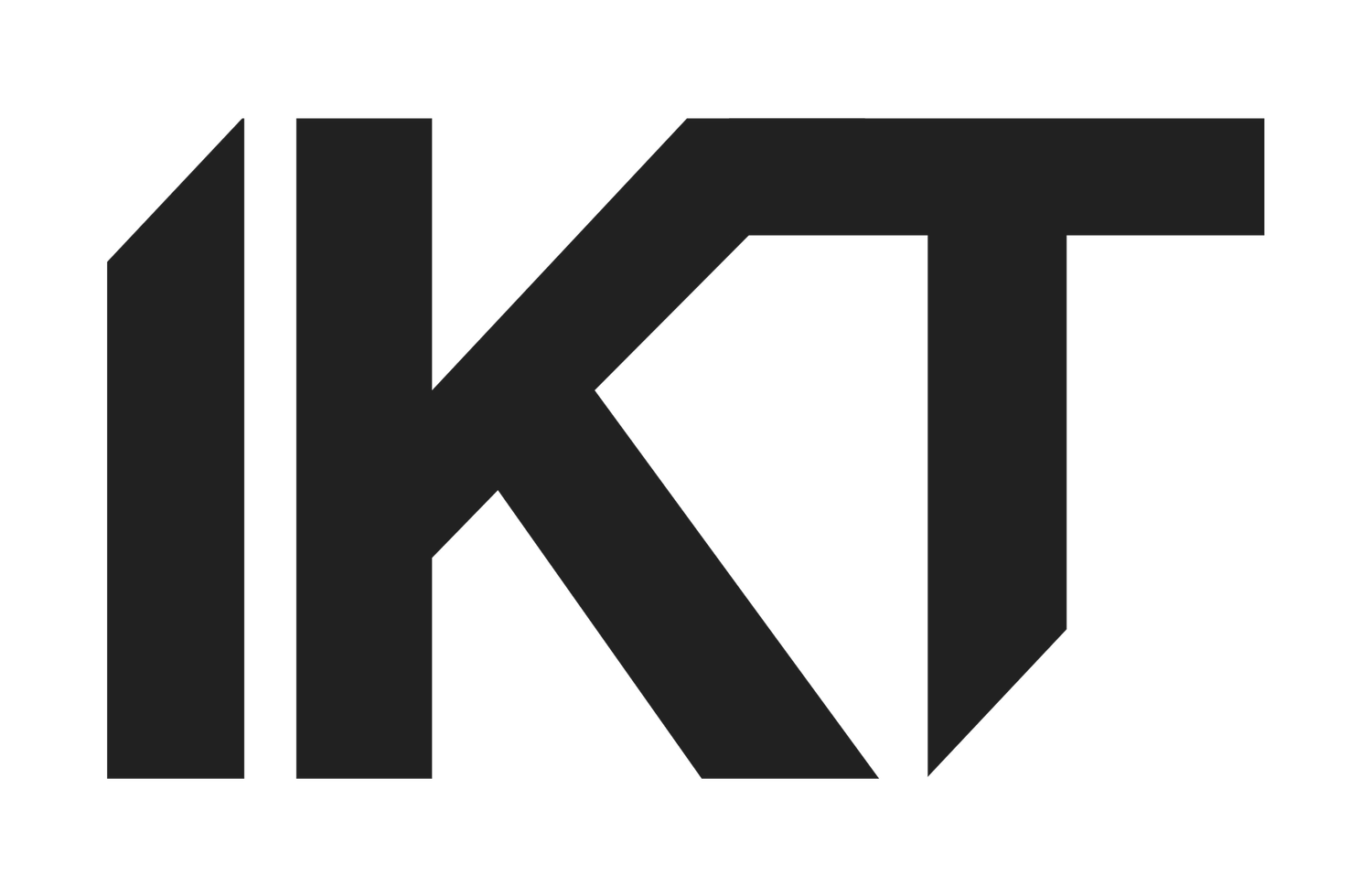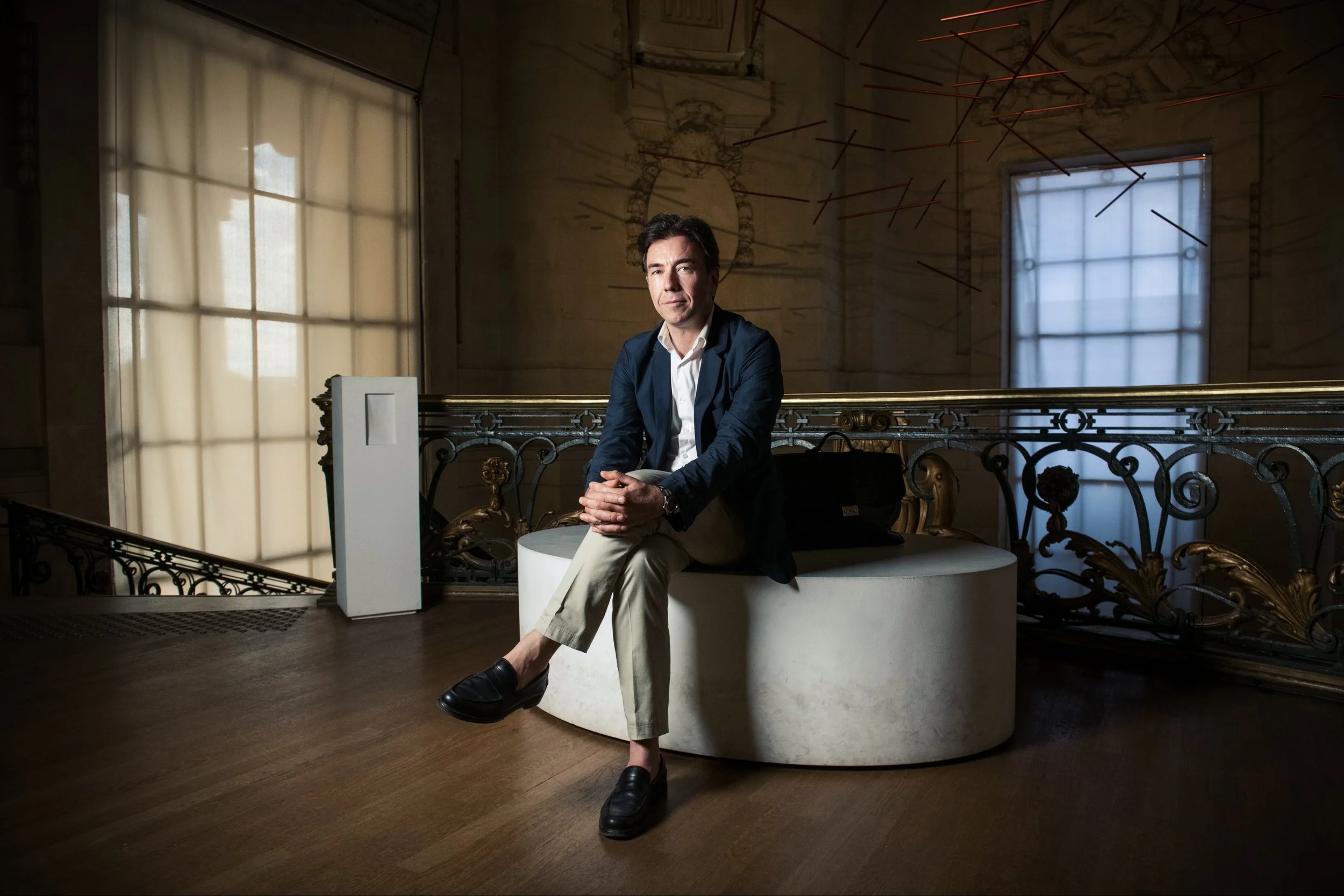Spotlight with Jerome Neutres
Jerome Neutres, Independent Curator, Paris, France
Could you tell us a little more about your background and how you got into curating?
I have an academic background in literature, philosophy, history, and arts, which has allowed me to approach the art experience with a comprehensive vision. Professionally, I had the opportunity to curate art exhibitions at a young age, starting at 25, in gallery spaces managed by the French foreign cultural centers where I worked. This experience immediately trained me to consider the role of the curator as both a curator and a producer. Having spent my public career in various countries, including Spain, India, the USA, and France, has immersed me in a global network of artists and institutions. Today, I continue to work in diverse locations such as Japan, China, and Saudi Arabia. Additionally, my ten-year tenure as the director at the French Reunion des Musées Nationaux and president of the Musée du Luxembourg, Paris, along with curating numerous blockbusters in the Grand Palais National Galleries, has significantly enriched my curatorial experience.
Who/what has influenced your curatorial practice?
In parallel with my career as a curator and cultural producer, I have been developing experience as a writer and documentary filmmaker since my twenties. This journey has led me to conceive art curation as writing a story and to organize the production of a show as one would for a film. This involves coherently bringing together various talents, including artists, scenography, lighting, etc., to create a harmonious exhibition. Moreover, I always prioritize the audience in my work. Who are we speaking to? And how can we ensure understanding?
The role of the curator is continuously changing. Could you describe what it means to be a curator today?
For a long time, museum curators have been named "conservators," and this nomenclature carries significant consequences. Traditionally, conservators mainly focused on the conservation of works in museums organized like luxurious storage spaces, categorized by genre, type, and period. Only a few conservators were actively involved in academic activities and research, a role typically reserved for art historians in universities. However, things have changed significantly in many countries today.
As for me, I view the role of the art exhibition curator as an inherently creative and innovative, capable of inventing the appropriate setting and scenario to facilitate the most fruitful encounter between a specific artist and a particular audience in a specific space. This is why I often express a preference for the term "conversator" rather than "conservator."
What’s next for you? What are your upcoming projects?
Early next year, I am particularly proud to curate the inaugural exhibition of a brand new art center in Riyadh, the first dedicated to digital art and the most pioneering forms of creation. This show, entitled "Art must be artificial: perspectives of AI in the visual arts," will cover artworks from 1960 to 2023. I continue there to explore the history and the issues of what I proposed to name “computing art” in my last shows. A major subject for art creation, in my opinion, and an infinite opportunity for artists to continue to invent new forms.
What are you reading, watching, or listening to now, that is helping you to stay relaxed and positive?
Cinema has been a refuge for me since I was a teenager. I first discovered the world through the screens of 'art and essay' cinema halls, watching films by Bergman, Mizoguchi, Fellini, Hitchcock, and more. Cinema continues to be a sanctuary for me today, where I find inspiration and, at the same time, relaxation (as I am not working in cinema!)
How long have you been part of IKT and how do you feel that it has benefited your curatorial practice?
I recently joined IKT following my encounter with its wonderful president in the Emirates last year, during the occasion of the Sterling Ruby show I curated at Concrete Alserkal Foundation. I am happy to join this community where I already count friends, as another 'forum' to exchange ideas about art curation and its upcoming challenges in such a turbulent world. I don’t know what the curation of art shows will be like in 20 years, but I am convinced that we will need art more than ever.
Thank you Jerome!
Follow Jerome on Instagram
Spotlight
Spotlight is a new series of short interviews, aiming to showcase the diverse expertise and innovative approaches of our IKT members. Whether you're seeking inspiration or searching for potential partners, join us on this captivating journey as we uncover the stories, ideas, and creative visions of our members.
Want to participate?
Send us a request to ikt.curatorial@gmail.com and we will send you interview questions.

